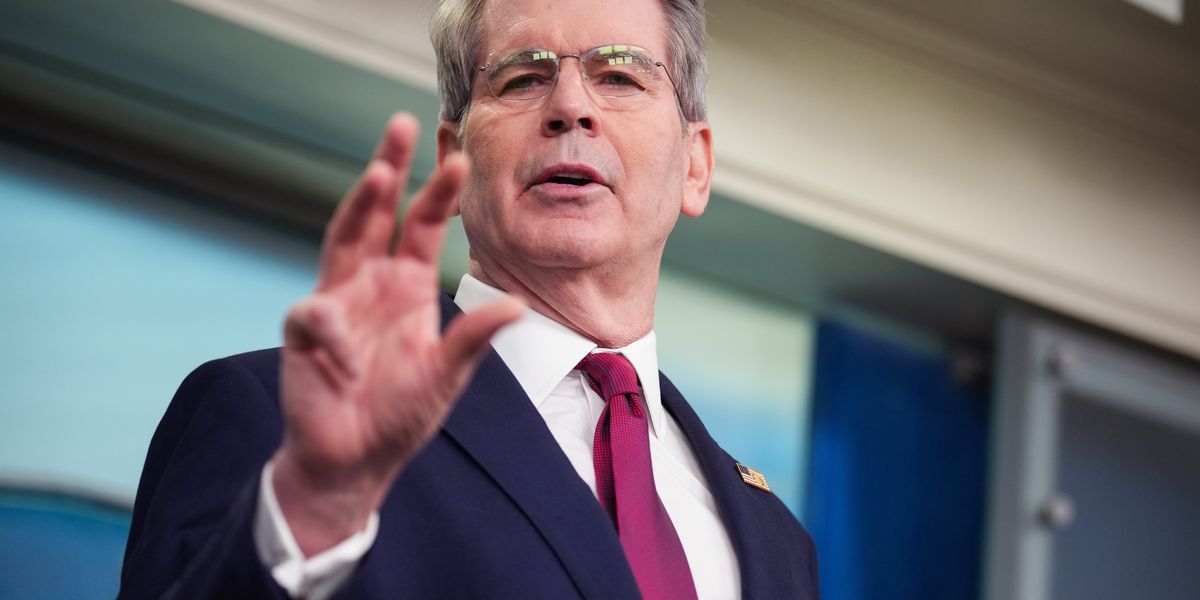U.S. Imposes Sanctions on Key Figures of Jalisco New Generation Cartel
Economic sanctions are imposed on Mexican nationals linked to the Jalisco cartel due to their involvement in drug trafficking and fuel theft.
Subscribe to unlock this story
We really don't like cutting you off, but you've reached your monthly limit. At just $5/month, subscriptions are how we keep this project going. Start your free 7-day trial today!
Get StartedHave an account? Sign in
Overview
The Trump administration sanctions three Mexicans and two entities linked to the Jalisco New Generation Cartel, targeting their fuel theft and drug trafficking networks. These measures aim to disrupt the cartel's funding sources and reduce the flow of fentanyl into the U.S., amid escalating efforts to combat the cartel's notorious activities. This ongoing campaign, supported by U.S. and Mexican authorities, highlights the collaboration in addressing drug smuggling and related violence.
Report issue

Read both sides in 5 minutes each day
Analysis
- The Trump administration's sanctions target key members of the Jalisco New Generation Cartel (CJNG), aiming to disrupt drug trafficking and fuel theft operations.
- These sanctions are part of a broader strategy to combat the fentanyl crisis, which is responsible for numerous overdose deaths in the U.S.
- Collaboration with various federal agencies emphasizes the U.S. government's commitment to tackling organized crime and protecting public safety.
Articles (3)
Center (1)
FAQ
The Jalisco New Generation Cartel (CJNG) is considered one of the most dangerous and powerful drug cartels in Mexico by the Mexican government.
Notable arrests include Rubén Oseguera González (alias 'El Menchito'), the son of the organization's leader Nemesio Oseguera Cervantes, and Rosalinda González Valencia, who is the wife of Cervantes.
The U.S. approach involves designating the CJNG as a significant threat and imposing sanctions on key figures linked to the cartel. This includes targeting their financial networks to disrupt drug trafficking operations.
History
- This story does not have any previous versions.
